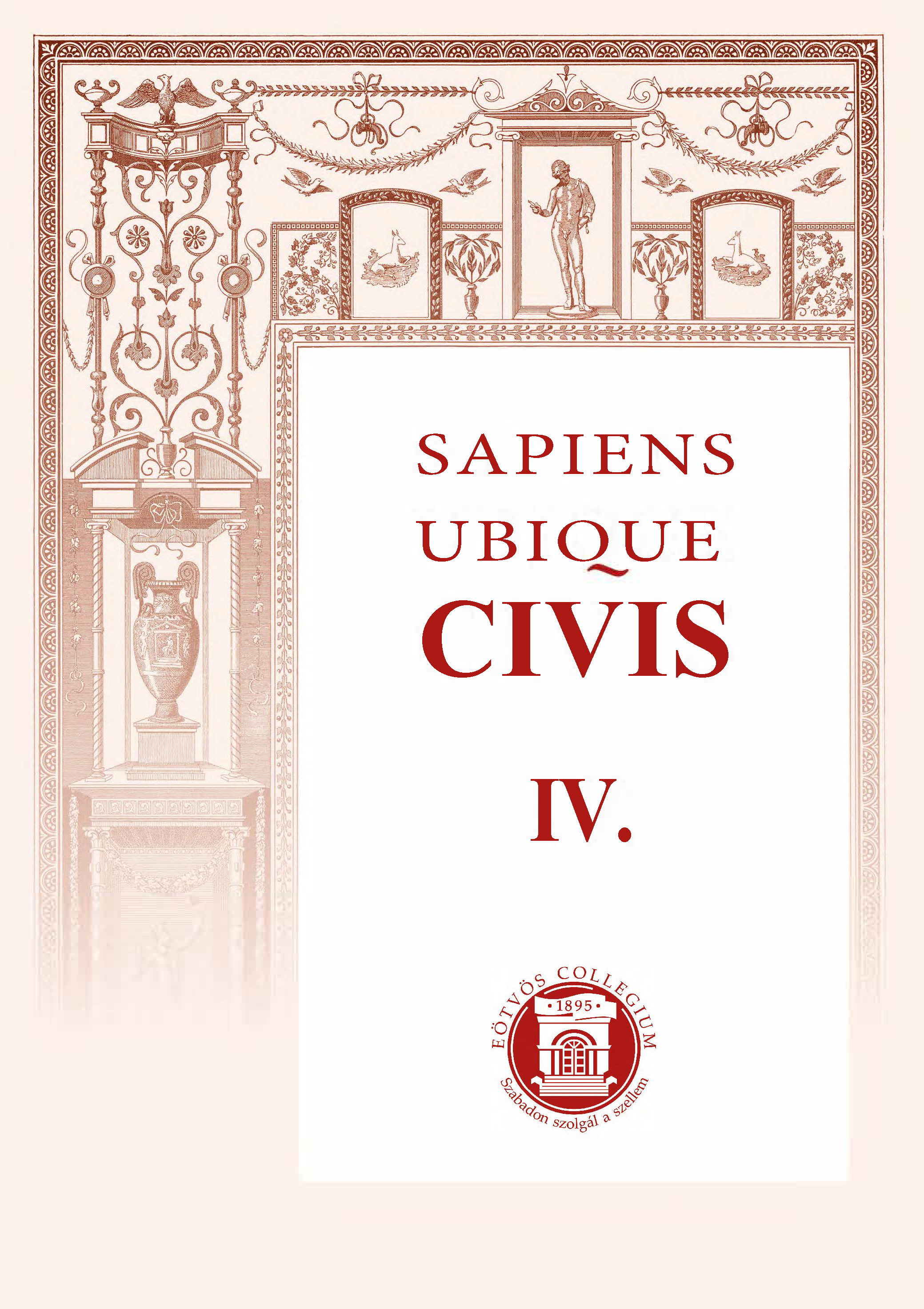Plato’s Influence on Pseudo-Longinus’ Περὶ Ὕψους
Main Article Content
Abstract
Pseudo-Longinus’ On the Sublime or Περì Ὕψους has long been considered as one of the most influential texts from antiquity, which – through its impact on Boileau, Edmund Burke and Immanuel Kant – defined the aesthetic and literary discussions of early modern times and beyond. Yet, since the exact origin of the tractate has remained unknown, much less can be established with utmost certainty regarding the exact philosophical and literary context of the anonymous author himself. The objective of this study is to provide an overview with regard to the reception history of this work and to give an update on recent research, while examining the different philosophical and cultural influences on Pseudo-Longinus’ theory. Finally, I would like to investigate one special source of influence observable in the text: Platonism. By building upon the works of Robert Doran and James I. Porter in particular, I intend to examine which elements of the ancient treatise may have had Platonic precursors, and why this connection is vital in understanding the significance of this tractate.

